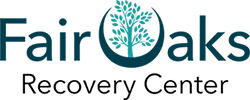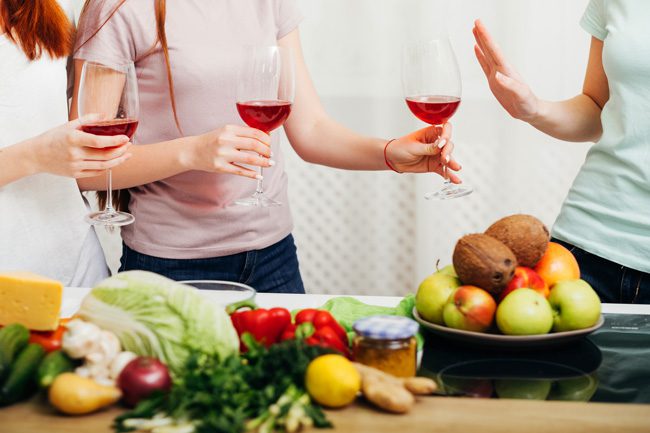Once you leave addiction treatment and resume normal life, you’ll likely engage in social activities where you could be offered alcohol, either by someone who doesn’t know you’re in recovery, or by someone who seeks to challenge your sobriety. The best way to avoid a moment of weakness is to anticipate that this could happen and to have a plan for how to handle it.
Say What?
There are a variety of ways you can respond when offered alcohol in a social setting. How you decline is entirely up to you:
- Excuse Your Refusal – implying or stating that an allergy to alcohol has developed can allow you to decline drinks without further explanation needed.
- Designate Yourself – by proclaiming yourself a designated driver, you offer a reason for not drinking without opening a discussion about recovery. Even if you don’t have passengers, you still have to get home safely and not be a danger for other drivers.
- Say You’ve Reached Your Limit – it’s not lying to say that you’ve already had enough (you don’t have to disclose that you reached your limit a long time ago). When you’re in recovery from alcohol addiction, alcohol is too much.
- Blame Your Job or School – by claiming you have to work early, make it to an early class, or finish homework or job assignments immediately after leaving the event, you’ve given your friends a plausible reason for not drinking.
- Stay Vague – no one is entitled to know another person’s full history, so it is also perfectly reasonable to say, “I’m not drinking tonight” or “I don’t drink” with no further explanation.
- Have a Ready Excuse – if it seems like a simple “no thanks” won’t suffice, it might be beneficial to link the refusal to drink to something specific, like a medication that could have negative interactions with alcohol, a health concern, or just generally feeling under the weather.
- I Quit – you can say this without having to share your full recovery story. Drinking just isn’t your thing anymore.
- Cite Stomach Issues – a stomach that isn’t feeling right is a great explanation for treading lightly.
- Blame Your Diet – often, people who are on diets will avoid the empty calories that go along with alcohol. This is a perfectly good reason for not drinking.
- Rock Your Recovery – it is also perfectly fine to admit that you are fighting a battle against alcohol and that you’re not drinking for that reason. Addiction and recovery are far more common than many people realize, and by sharing your own recovery story, you may help another person on their recovery journey or inspire them to seek treatment.
Other Strategies
In addition to knowing what to say when a drink is offered, it can also be helpful to do the following:
- Bring a sober support – when you aren’t the only one who isn’t drinking, it’s easier to say no.
- Play along – people may be less likely to offer a drink to someone who is already holding a drink in their hand, as the offer of a drink may simply originate from their goal of being a good host. They don’t have to know the drink doesn’t contain alcohol.
- Keep Busy – if you’re too busy dancing, taking photos, making food, entertaining children, showing around the other guests, taking care of messes, etc., then you might seem too busy to stop for a drink.
- Remember that the behavior of others says more about them than it does about you – if a person is being obnoxiously pushy about the fact that you aren’t drinking, then chances are that they have some underlying issue you don’t know about. By remembering this, you can separate yourself from their pressure.
At Fair Oaks Recovery Center in California, we strive to equip our guests with the tools they need to maintain their recovery through all of the different scenarios life may throw their way. We offer a whole-person approach and customized treatment plans.



